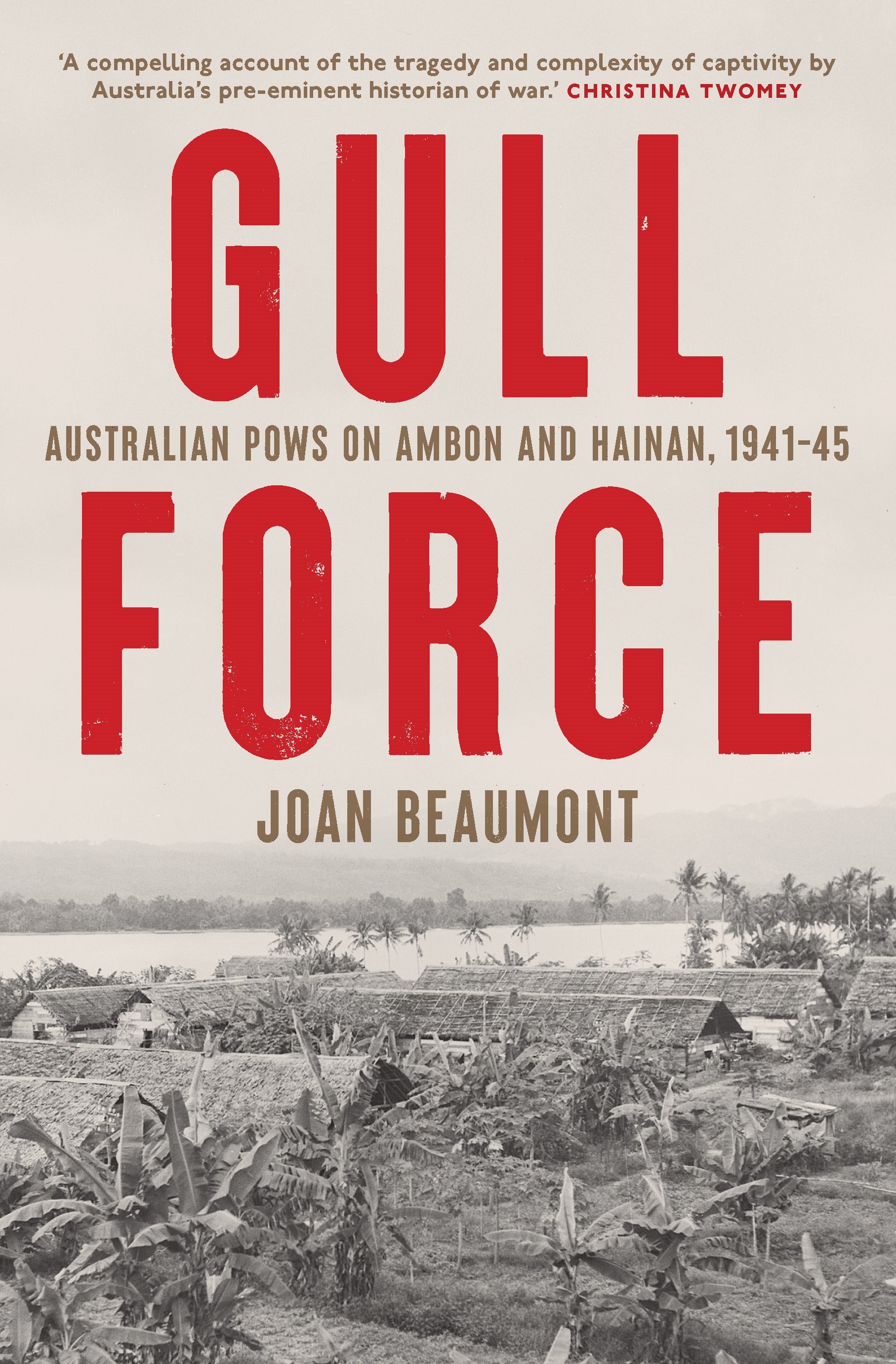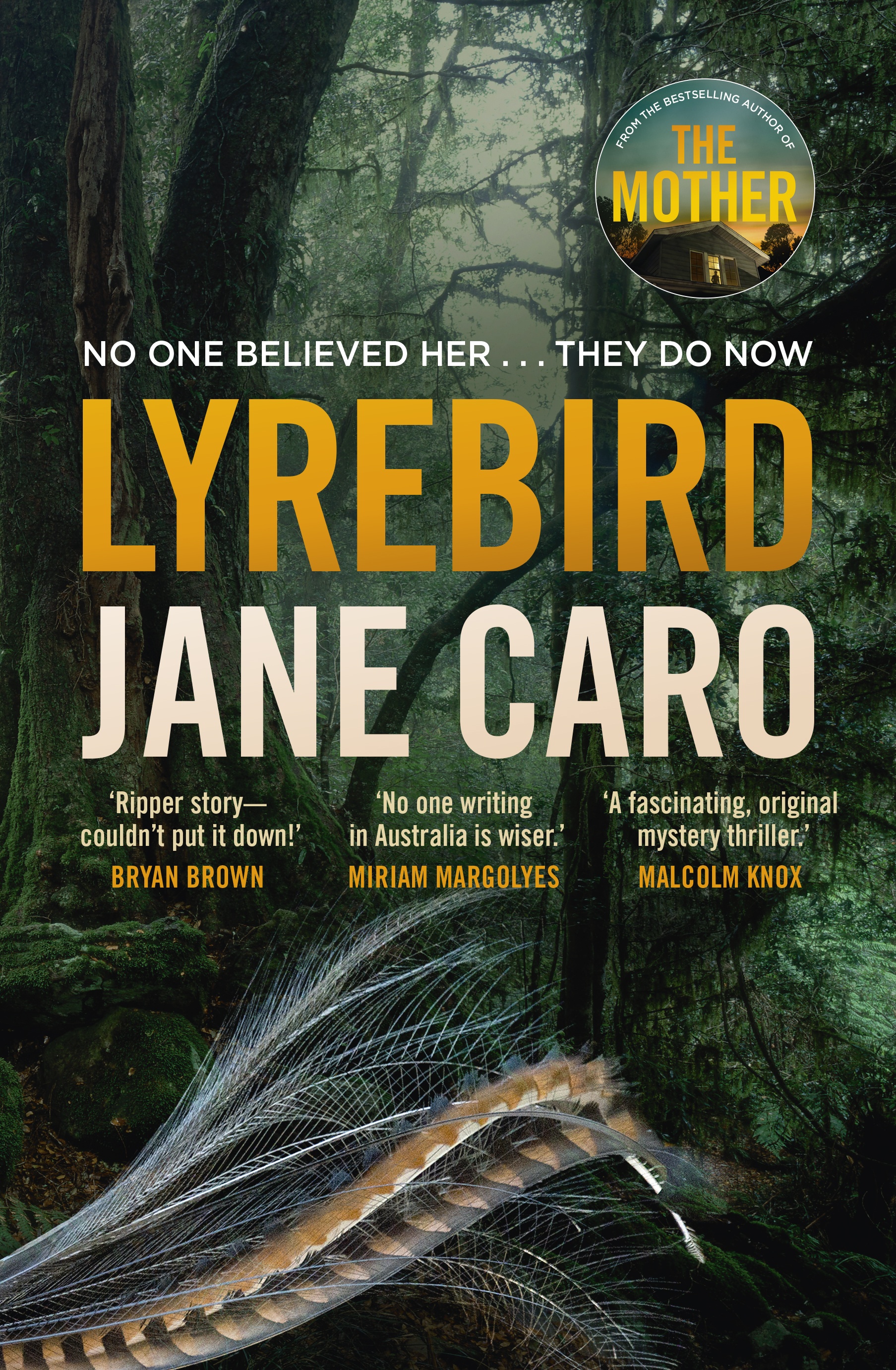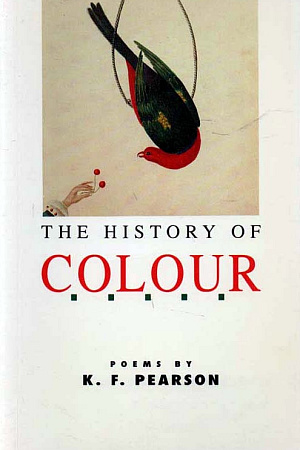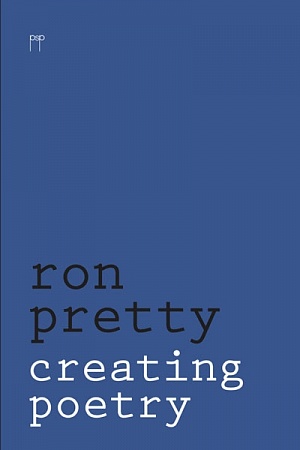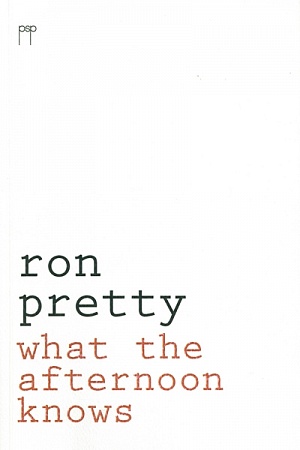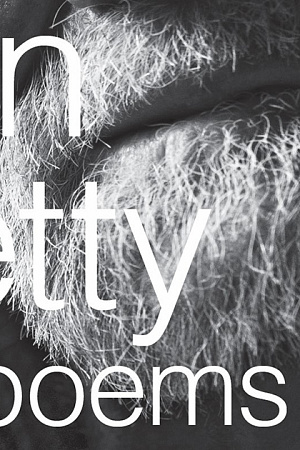Letters to the Editor - December 2001
Sneer tactics
Dear Editor,
Perhaps you will allow me to reveal that this is the second letter I have written to ABR in response to Richard King’s review in the November 2001 issue under the heading ‘One Long Giving Away’. The first letter was rejected because it was too long, because it quoted two short poems from the poets under attack, because of references to an earlier article I had written, and because of a comment about the review’s tone.
The first letter was long because I believe that the only way to deal adequately with a review which depends for its effect on sneers and sweeping generalisations is to refute the attacks point by point. I don’t have space to do that here, so let me just point out the tactics King uses: tactics which indicate that the reviewer is either incompetent, ill-intentioned or both.
One of the major techniques King employs is the sneer: the books come recommended if only by the blurbs on their own back covers; these blurbs border on the hysterical; when Bruce Dawe writes that Kirkby’s (poetic) mechanisms ‘are merely hidden’, King sneers, Hidden, that is, to all but Bruce Dawe. And that’s just in the first paragraph. The tone he establishes there pervades the whole review.
Next, King sets up his Aunt Sally: all these poems, he claims, embody the belief that ‘some content is so important as to require no technique at all’. Now, many of us are concerned about the contemporary tendency to chop up what is fairly flaccid prose into equally flaccid lines of poetry. King seeks to damn all six of these poets by associating them with that tendency, and he does it by quoting lines out of context, by making claims about the poetry that are not supported by the poetry he quotes, by making sweeping generalisations for which he advances no evidence at all, by making no attempt to provide a context for the poetry. And, of course, by the sneers that spike his review.
I do not claim that every one of the poems in all six books is perfect, but they do represent a very considerable achievement by poets whose work will be remembered long after King’s sneers are forgotten. To claim, as King does, that there is no good poetry to be found in any of them, to claim, as he does, that ‘this isn’t poetry’ (his emphasis), does not indicate either fairness or good will.
I do not claim to know what King’s motives were in writing this review. I do know, however, that if readers of ABR were to take him seriously, if they did not recognise the stratagems he has employed, then the effect of this review would be to seriously damage the reputations of these six new poets. I ask you then whether you believe this to be a fair review, the kind you want for ABR?
Ron Pretty, Five Islands Press, Wollongong, NSW
The first version of this letter ran to almost 2000 words, much longer than the review he criticises, and far too long for these pages. As mentioned above, ABR welcomes ‘concise’ as well as ‘pertinent’ letters. Richard King will continue to review for ABR in 2002. Ed.
Unhappy Anniversary
Dear Editor,
It has taken me close to a year to respond to John Mateer’s review of my collection of poetry The Actor Is Happy. When one receives an opinion as negative and dismissive as his (ABR, August 2000), it is probably best to keep quiet.
Mr Mateer feels that my work ‘should not be associated with actual poetry’ and, with no specific reference to any-thing positive or negative in my collection, takes one short, sharp paragraph to write it all off as an adolescent might when forced to read Jane Austen in Year 9. I am happy with criticism, but it needs to be considered and substantiated.
I would like Mr Mateer to know that more people have probably read my book than his review. I do not think he has any given right to define for us what poetry is and who or what it should be associated with. This is literary despotism. Not everybody reads poetry swinging pompously from an intellectual perch.
I am, one year after the review, content that someone like Mr Mateer does not wish to associate with my concerns or issues, since, quite frankly, I do not wish to be associated with his. For many people, his review was as trivial as he claims my poetry to be.
George Huitker, Curtn, ACT
Lauris Elms responds to Alastair Jackson
Dear Editor,
Dr Alastair Jackson’s résumé of my autobiography (ABR, September 2001) contains some factual errors, and I write to correct these mistakes. John Shaw did not sing with the Sutherland–Williamson Opera Company in 1965. He was in London at that time. I did not sing Julius Caesar with the national company, but with Young Opera, a company founded by the very young Richard Divall and Brian Donavon in the early 1970s. Subsequently, Richard went to Melbourne to take over the emerging Victorian Opera Company. This name was correct in 1973, but the company suffered many changes of name and management over the years. Gertrude Johnson’s National Theatre Opera Company was the great forerunner of several attempts to build a Melbourne-based opera company. I later sang Julius Caesar with VOC under Richard Divall, and also with the State Opera of South Australia, with Denis Vaughan conducting. It could be inferred that I sang both Orfeo of Glück, and Mrs Sedley in Britten’s Peter Grimes, with the National Company, but this is not the case.
The Singing Elms was written to contribute a personal history of opera and singing in the years between 1950 and 1990.
Lauris Elms, Newington, NSW
Dear Editor,
Reading the Chopper
The most incisive work by far
On Chopper Read, in ABR,
Is published there as bold as brass;
Ironic, cogent, lots of class,
By Simon C, whose Safe Retreat
Perhaps will shield him from the Heat.
For now that Chopper’s back in town,
Will Caterson have gone to ground?
But then again – the prospect pales!
Perhaps he’s puffing Brandon’s sales?
Paul Lindsey, Seville, Vic.

